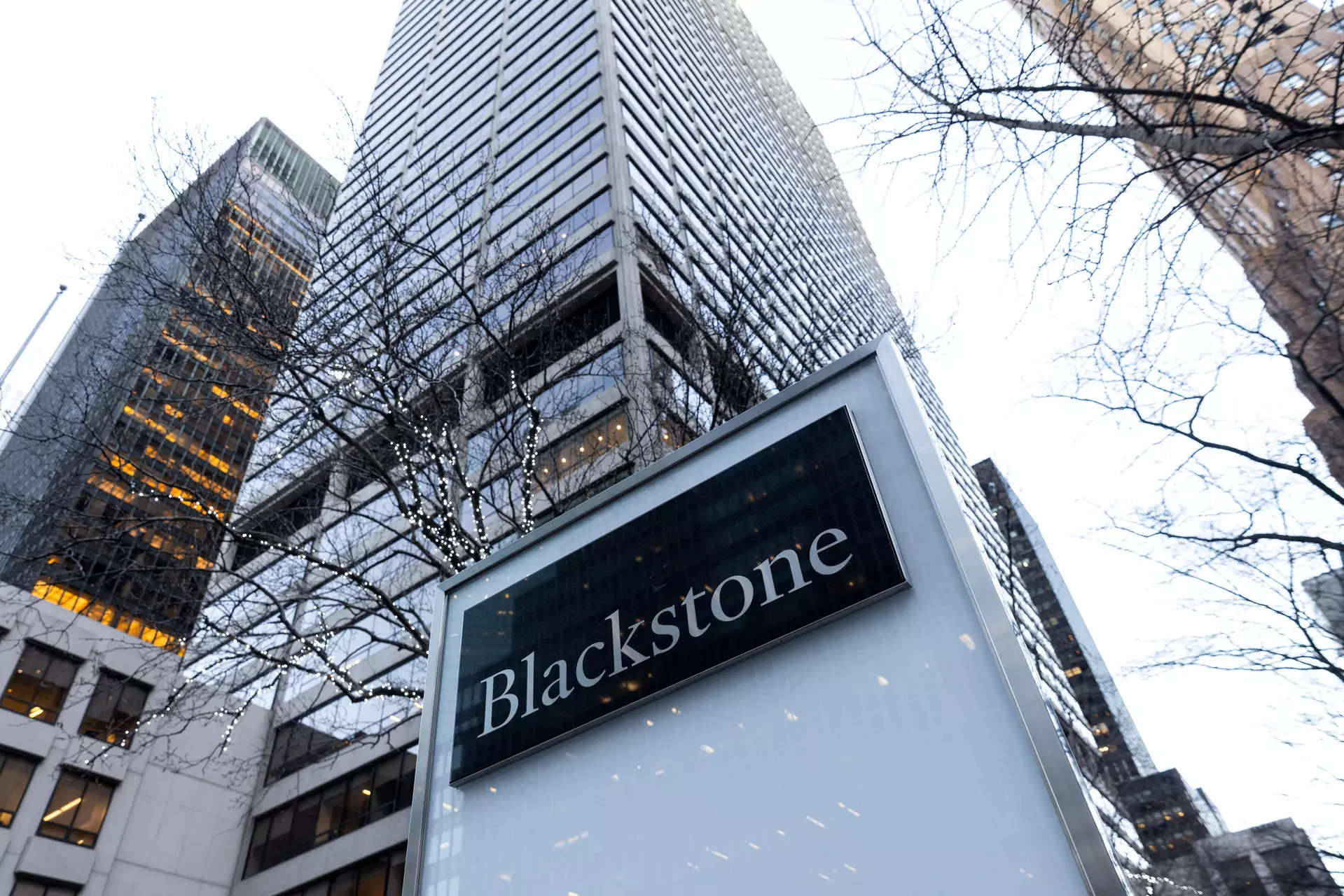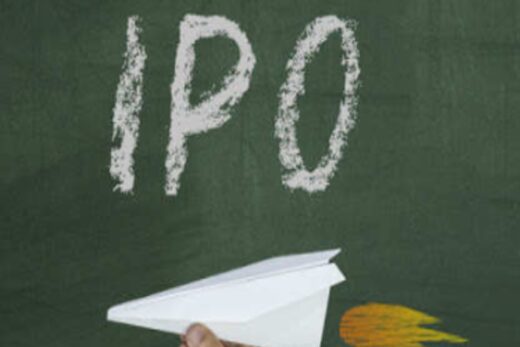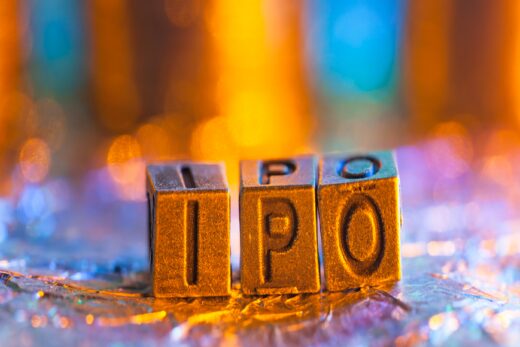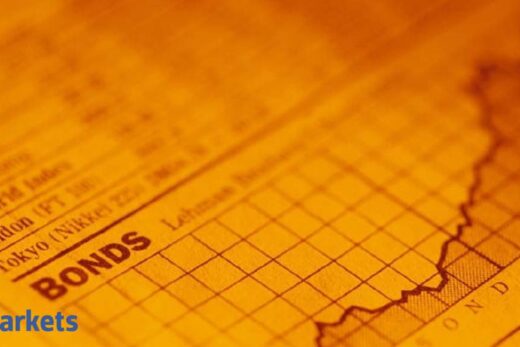Blackstone acquired IGI for $570 million in May 2023 from Chinese conglomerate Fosun and the business’s founding Lorie family. IGI has most of its business in India and describes itself as the world’s largest independent lab for testing and grading diamonds and other gemstones and jewelry.
Blackstone has appointed investment banks Morgan Stanley and India’s Kotak to lead the IPO deal, two sources added.
Blackstone had initially been seeking a valuation of about $1.5 billion in the IPO, although in new talks it is looking for as much as $3.5 billion, two sources said. However, the price will be decided in coming months and will depend on investor demand.
Blackstone and Morgan Stanley declined to comment while IGI and Kotak did not answer queries seeking comment.
While founded in Belgium 50 years ago, the majority of IGI’s revenue and profits come from India today, where it has most of its labs and provides diamond screening, sorting and academic courses. With the IPO, IGI hopes to capitalise on the growth of lab-grown diamonds in India, the second source said. These labs make jewels that look identical to natural diamonds but are less expensive. India’s federal budget last year cut taxes on manufacture of lab diamonds in a bid to boost the sector. Plans to list IGI are in the early stages and could change, the sources said.
India’s jewelry market was valued at $78 billion in 2021 and is a lucrative one for players like IGI. While most of the jewels made are exported, gold – historically dominant in the country – is slowly giving way to diamonds among some younger consumers.
Generally private equity firms usually look to list companies 5 years or so after investment, and Blackstone is keen to take advantage of India’s hot IPO market which is the busiest in Asia so far this year, two of the sources added.
India has emerged as the second busiest market in the world for equity capital market (ECM) deals after the United States.
Indian companies raised $2.3 billion in the first quarter of 2024 in IPOs, according to LSEG data, up more than 12 times the $166.5 million raised in the same period last year, LSEG data showed.




